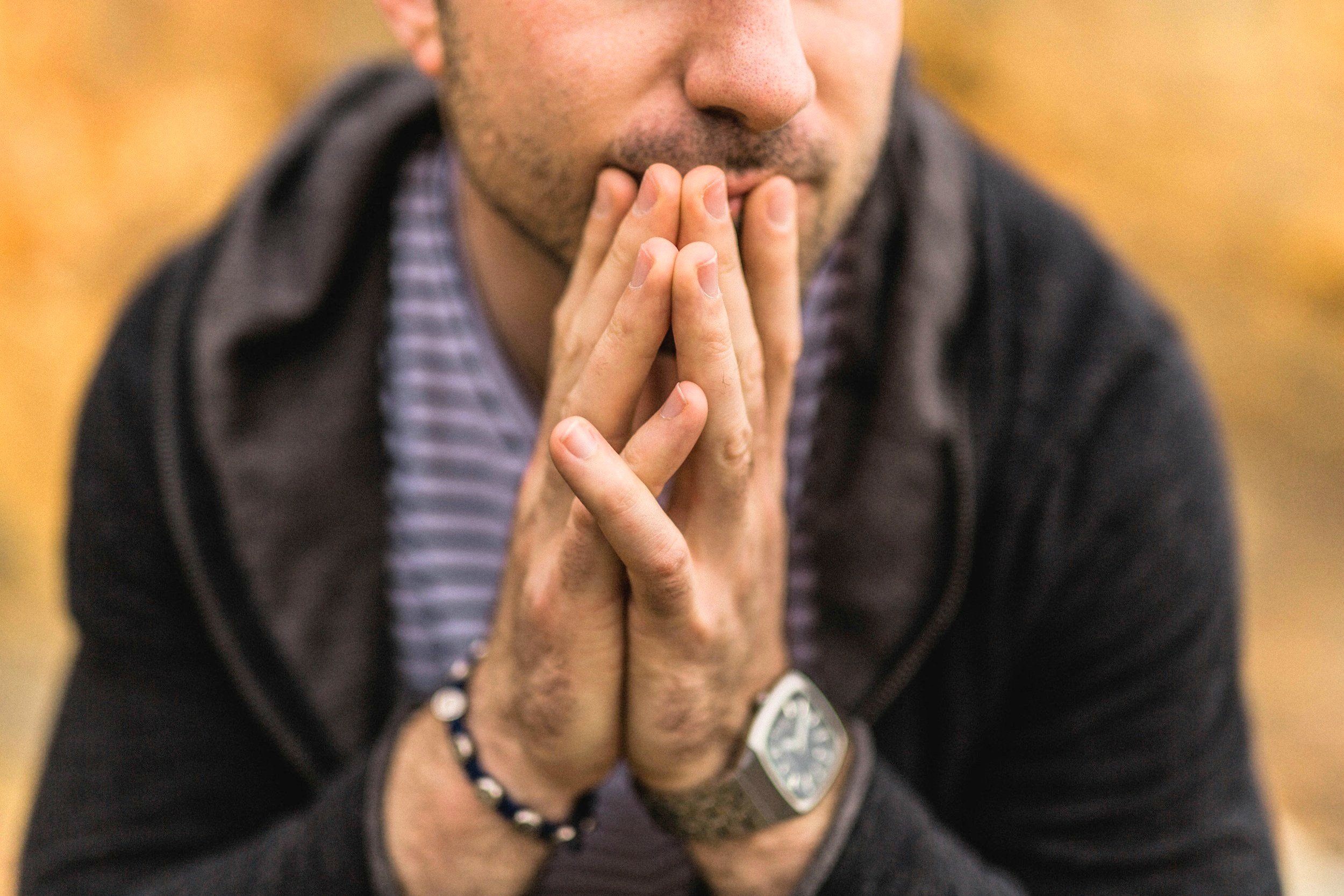
Anxiety Counselling
Prioritise your well-being by exploring the causes of your anxiety and learning to manage the symptoms
Help with anxiety
Anxiety can strike during the most normal, non-threatening situations.
Anxiety is used to describe feelings of worry, nervousness or apprehension. In most cases it is experienced as a mixture of both physical and emotional sensations. Anxiety is associated with our natural ‘fight or flight’ response which occurs when our bodies feel under threat. Considering this, it can be a healthy reaction developed in order to protect ourselves.
Feeling anxious, unsure or tense about a stressful situation such as a driving test, an exam or moving home is very common. However, some of us are more greatly affected than others, and despite there being a level which can be considered normal, if these feelings are particularly strong and last for a long period of time, it can be all consuming.
When the anxiety no longer feels like a tool that’s there to protect you, but a state of being that threatens your health, it’s time to act.
What is anxiety?
When under stress our ‘fight or flight’ response will switch on
Anxiety can make you feel like things are a lot worse than they are and even stop you from doing everyday things such as seeing your friends, using public transport or even leaving the house.
It can strike during the most normal, non-threatening situations and can be completely disarming. Unlike stress, it can sometimes be difficult to determine the cause of anxiety.
When under stress our fight or flight’ response will switch on and the butterflies in our stomach will begin to flutter, when we feel nervous. Anxiety may cause this response to be activated without any obvious threat. This lack of apparent cause and therefore obvious solution can extremely feel scary.
Anxiety symptoms
How does it feel?
Although anxiety will affect each of us differently, there are some common symptoms:
Rapid and irregular heartbeat
Sweating
Fast breathing
Dizziness
Nausea
Difficulty sleeping
Irritability
Difficulty concentrating
Panic attacks
Types of anxiety
Some of the most common forms of anxiety
Generalised anxiety disorder
You may be diagnosed with GAD if you often feel worried or fearful but cannot put these feelings down to a particular experience or event.
Post-traumatic stress disorder (PTSD)
You may experience nightmares or flashbacks after experiencing or witnessing a traumatic event.
Phobias
You have an intense fear of something, no matter how non-threatening or dangerous it may be.
Obsessive-compulsive disorder (OCD)
You may experience reoccurring urges, images or thoughts that cause you to feel anxious. The compulsions are the actions or thoughts you feel you need to do or repeat in order to feel better or to counter the anxiety.
We will help you to explore causes of your anxiety and manage symptoms.
At Corsham Counselling we will explore what may be causing your anxiety and help with coping techniques. We will also look at different tools that will enable you to reduce your anxiety from breathing techniques to mindfulness.
“When you are in psychological distress and someone really hears you without passing judgement on you, without trying to take responsibility for you, without trying to mould you, it feels damn good.”
— Carl Rogers


